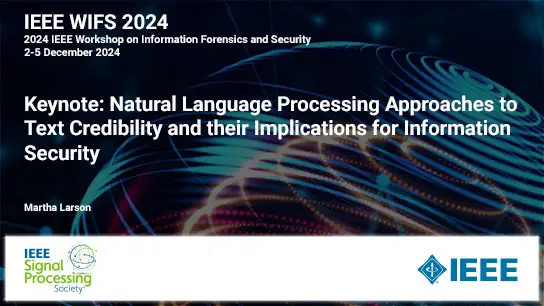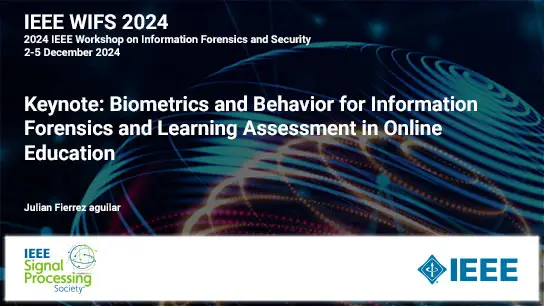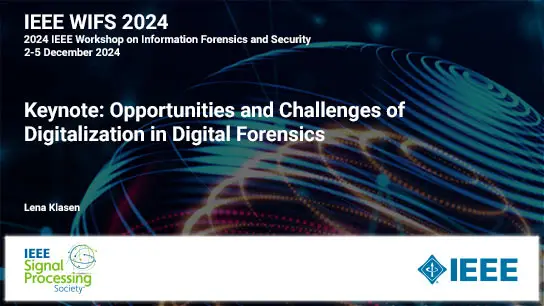-
Members: FreeSPS
IEEE Members: $11.00
Non-members: $15.00Length: 00:57:39
Plenary Session
13 Dec 2023
Modern society is witnessing the emergence of complex networked systems driven by exchanges of information among their elements, such as robotic swarms, autonomous systems, social networks, and Internet-of-Things (IoT) architectures. In these applications, data is often collected from heterogeneous sources and from dispersed locations. It becomes imperative to design learning machines and decision-making algorithms that are better suited to the reality of networked units. The methodologies will need to account for coupling among intelligent agents in a manner that enables multi-tasking and is robust to interference. This talk presents a framework for decentralized learning from networked data, which we refer to as Social Machine Learning. This approach handles heterogeneity in data more gracefully than existing methods, learns with performance guarantees, is more resilient to adversarial attacks, and promotes explainable and fair learning. By relying on social interactions among agents, the architecture is also infused with a higher level of robustness to manipulation. This is because it is more difficult to fool a group of agents than an individual agent.


